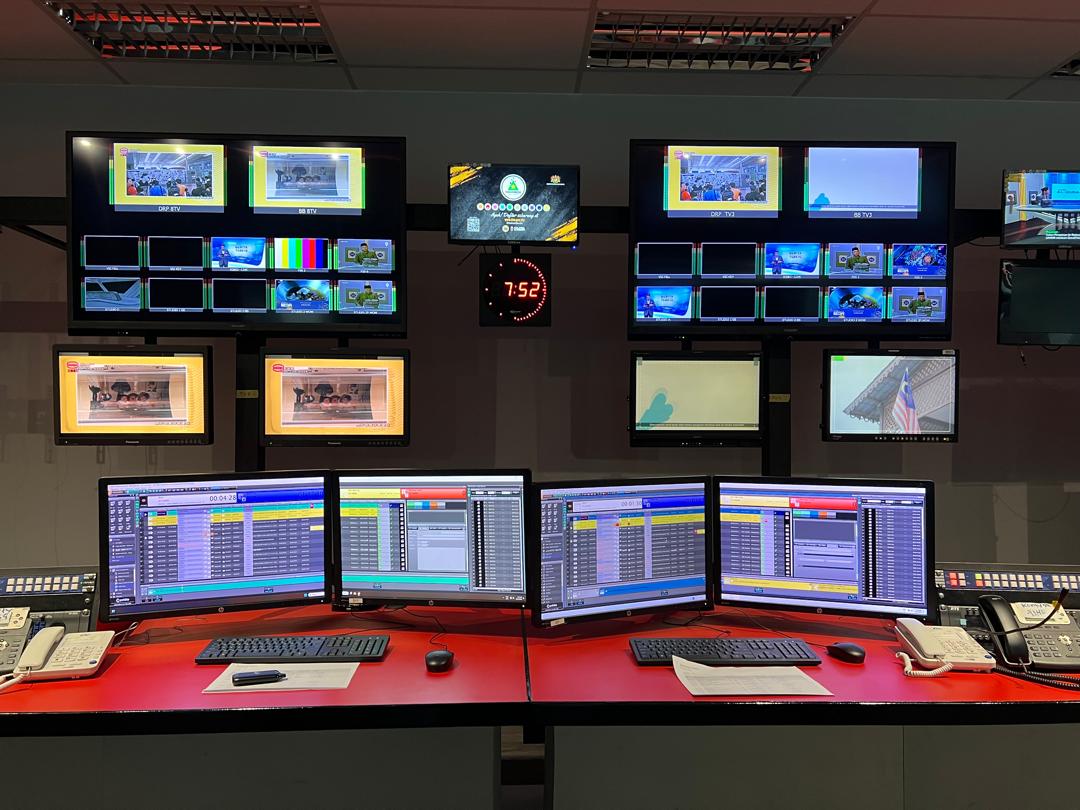AWAS AI Speed Cameras: Launch Delayed Despite Initial Promise - When Will Trials Begin?

The rollout of the Advanced Warning Alert System (AWAS), Malaysia's new AI-powered speed cameras, has hit a snag. Despite promises of a launch in June, the Transport Ministry has yet to confirm the start date for trial runs, leaving many drivers wondering when the system will be fully operational.
What is AWAS?
AWAS represents a significant upgrade to Malaysia's existing Automated Enforcement System (AES). Unlike traditional speed cameras that rely on fixed locations, AWAS utilizes Artificial Intelligence (AI) and Automatic Number Plate Recognition (ANPR) technology to monitor traffic flow and identify speeding vehicles over a wider area. This allows for more accurate detection and potentially reduces accidents caused by speeding.
Deployment and Initial Plans
The cameras themselves have already been deployed across Malaysia, indicating substantial investment in the system. However, the crucial trial phase, essential for fine-tuning the AI and ensuring accuracy, has been delayed. Originally, the trials were slated to begin in June, but the Transport Ministry remains tight-lipped about the revised timeline.
Trial Locations Revealed
Despite the delay in confirming the start date, the locations for the initial trials have been revealed. The first testing ground will be the Genting Sempah – Gombak Rest and Service (R&R) area on the Kuala Lumpur – Karak Expressway (KL-Karak Highway). This stretch is known for its heavy traffic and varying speed limits, making it an ideal location to assess AWAS’s performance.
The second trial location will be along the North-South Expressway (NSE) between the Senawang and Simpang Ampat toll plazas. This high-traffic route will provide a different set of challenges for the AI, testing its ability to handle a large volume of vehicles and maintain accuracy.
Why the Delay?
The reasons behind the delay remain unclear. Potential factors could include ongoing system calibration, data analysis, or logistical challenges in coordinating the trials. The Transport Ministry has not released a public statement explaining the postponement, which has fueled speculation and frustration among drivers.
What to Expect During the Trial Phase
During the trial period, drivers should be particularly vigilant and adhere to speed limits. It's important to remember that even though AWAS is in trial mode, violations may still be recorded and could potentially result in warnings or fines. The data collected during these trials will be crucial in refining the AI algorithms and ensuring the system's effectiveness before a full-scale rollout.
Impact on Road Safety
The successful implementation of AWAS has the potential to significantly improve road safety in Malaysia. By deterring speeding and providing real-time alerts, the system could help reduce accidents and save lives. However, the current delay raises concerns about the timeline for achieving these benefits.
Stay Updated
Drivers are advised to stay informed about the latest updates regarding the AWAS trial schedule through official channels, such as the Transport Ministry's website or news outlets. The Ministry’s transparency regarding the delay and future plans will be key to maintaining public trust and ensuring a smooth transition to the new system.



